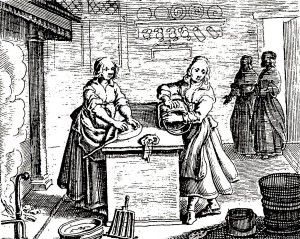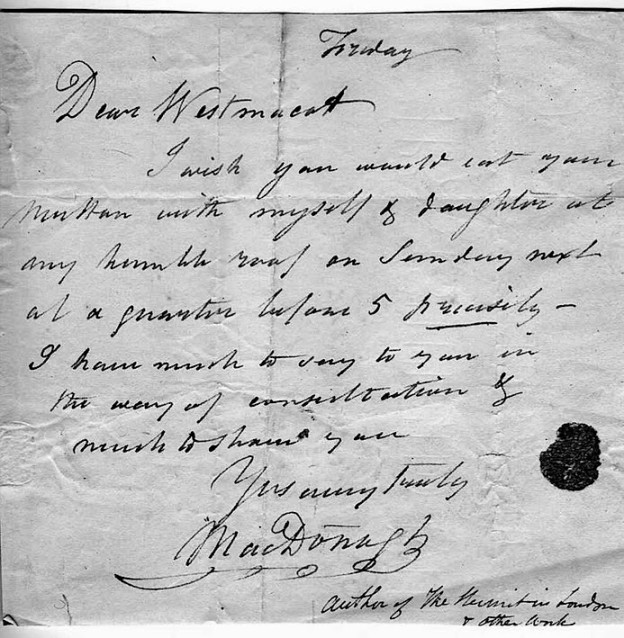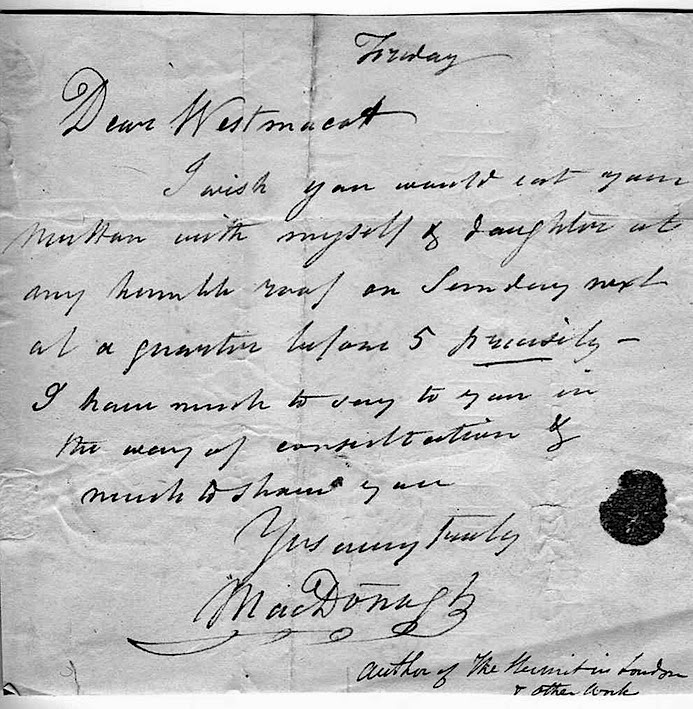 Guaranteed to madden the sisterhood are these disdainful words by a certain Thomas Powell in his Welch Bate, Or a Looking Back Upon The Times Past (1603) which is included in Charmers and Caitiffs (1930), an anthology of prose and verse written by men about women:
Guaranteed to madden the sisterhood are these disdainful words by a certain Thomas Powell in his Welch Bate, Or a Looking Back Upon The Times Past (1603) which is included in Charmers and Caitiffs (1930), an anthology of prose and verse written by men about women:
‘Instead of songes and musicke, let them learne cookerie & laundrie; & instead of reading in Philip Sidney’s Arcadia, let them reade the Groundes of Good Huswiferie. I like not a female poetesse at any hand…’
Although there is no doubting the author of this advice, there is a problem with the full title of Mr Powell’s book. According to the editors of Charmers and Caitiffs , the full title of the collection is A Welch Bate, or a Looking Back Upon the Times Past. However, in the DNB entry for Thomas Powell we find that the work in question is entitled A Welch Bayte to Spare Prouender. The Internet has little or anything to say about Powell, and although both the DNB and The Dictionary of Welsh Biography (1959) sketch out a brief biography, neither is certain about the year of his birth and death.
What we can say is that he was born around 1572 in Diserth, Radnorshire, studied at Gray’s Inn for one year and served as solicitor-general in the marches of Wales, 1613 – 22. More interested in literature than in law, he published various works in poetry and prose, including the book in question, a justification of Queen Elizabeth’s treatment of papists and puritans, which was suppressed. However, he is better known for his pioneer work on the public records. His Direction in Search of Records remaining in the Chauncerie, Tower, Exchequer etc appeared in 1622, while A Repertorie of Records followed in 1631. He died around 1635.
[R.M.Healey]


